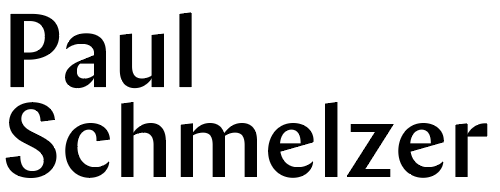To launch the redesigned Walker Reader, I wanted to make a statement—a big moment to mark a shift in editorial perspective.
Then I thought: Werner Herzog.
The enigmatic director of Fitzcarraldo and Grizzly Man had made history in the Walker Art Center cinema in 1999 when he shared his Minnesota Declaration, a manifesto on truth and fact in documentary cinema in which he famously defined his notion of “ecstatic truth” for the first time. It was 2017, the early days of the Trump Administration, and we were starting to hear about “fake news” and “alternative facts.” I wondered what the famed documentarian would have to say about it all. So I asked.
The result: Herzog agreed to write a Trump-era addendum to the historic declaration, and, to flesh it out as a full package, I invited an array of voices to weigh in as well.
Investigative journalist Eric Schlosser (Fast Food Nation and Command and Control) offered a rousing rebuttal to Herzog, “‘The Truth’: An Anti-Manifesto for Artists.”
Art critic Ben Davis (9.5 Theses on Art and Class), wrote that “a ‘politics of objective facts’ corresponds to no politics that I know of” in his contribution, “Beyond the Imaginary Politics of Objective Facts.”
Filmmaker Sabaah Folayan (Whose Streets?) looked at the somatics of the question in “Pain, Bodies, and Emotional Truths.”
And artist RaMell Ross offered a poetic meditation on memory, race, and his late mother in “Goodbye, Pluto: An Elegy on Loss, Memory, and Photography.”
The series, Truth In the Age of Alt-Facts, didn’t pan out as expected: it was meant to launch the new Soundboard feature, but the technology behind the multi-author tool had been delayed, as had the relaunch of the Reader itself. So it ran a few months early, to commemorate the 18th anniversary of Herzog’s declaration. But I’m still proud of it: the diversity of voices and perspectives, the chance to again surface Herzog’s manifesto, and the triumph of helping contribute to his update to a historic text.

